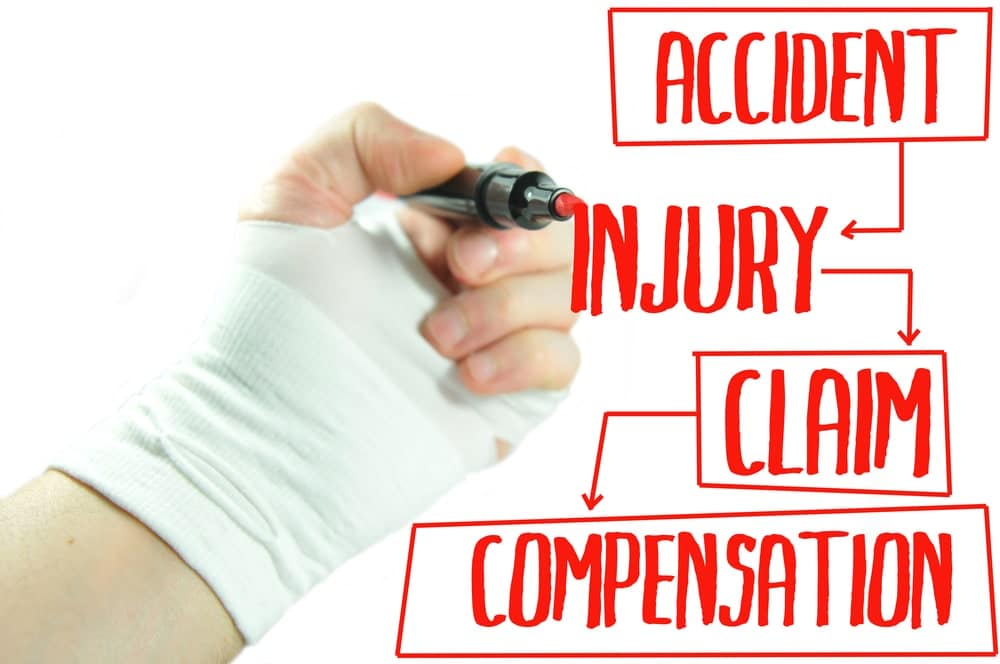You may hear the term “bad faith” in connection with insurance companies and personal injury claims.
This usually refers to when insurance companies fail to uphold their end of the bargain after a contract has been signed between a policyholder and the insurance company.
Let’s look a little deeper into this and how it may apply to cases in Kansas…
What is bad faith insurance in Kansas?
If you have a valid insurance policy, it means that you’ve signed a legally binding contract with an insurance company.
As such, there are rights and obligations incumbent on both parties. One of the most basic rights of the policyholder is to receive fair payment for legitimate losses according to the terms of the insurance policy.
However, the insurer (as a private company) is out to make profits so its interests are in direct conflict with those of the insured.
While an insurer is entitled to reject an invalid claim, if the company rejects a claim without a valid reason, fails to properly investigate a claim, proposes an unreasonable settlement amount, or otherwise fails to fulfill its obligations under the policy, many people want to know whether a claim of bad faith insurance can be filed against the insurer in Kansas.
Personal injury claims in Kansas can be made through first-party or third-party insurance policies. This further complicates matters and we’ll look a little more closely at that soon. First, let’s consider Kansas case law to see how bad faith insurance claims have been interpreted here.
Does Kansas law recognize “bad faith” personal injury insurance claims?
A case that came before the Kansas Supreme Court in 1980 (Spencer v. Aetna Life & Casualty Insurance Co.) demonstrates the challenges in bringing a bad faith claim against an insurance company here.
The Kansas Supreme Court was asked to determine whether Kansas law recognizes an independent tort of “common law” bad faith against an insurance company.
Kansas does have some statutory causes of action that an insured person can bring against an insurance company, such as vexatious refusal to pay and basic breach of contract claims — but this was a non-statutory claim for bad faith that didn’t fit within the existing statutes.
The court recognized the rise of bad-faith claims around the country based upon the obligation that “the insurer must act fairly and in good faith in discharging its contractual responsibilities.”
However, the Court eventually ruled that Kansas law does not recognize an independent, bad-faith tort as presented in the case.
It found that there are obligations for the insurer to “act in good faith” and “to act without negligence” but also that “Kansas cases have not gone so far as to find the lack of good faith…rises to the level of an independent tort.”
This still applies today. Unlike in many states around the country, you cannot file a lawsuit against a first-party insurance company (where you have signed a contract with that company) based on “bad faith”.
But what about third-party claims?
What’s the difference between first- and third-party insurance claims?
First-party bad faith insurance claims are made by an insured person against his/her insurance company — and they are not recognized in Kansas. So, you cannot file a bad faith claim against your life insurance provider, for instance.
Third-party claims are where someone other than the insured files the claim, usually for liability.
So, for instance, under Kansas personal injury law, where a motorist has been injured in a car accident and claims compensation, and that claim is rejected, underpaid, or otherwise improperly handled, a bad faith insurance claim may be filed against the insurer.
What are the 3 “D’s”?
A third-party insurance company may be deemed to be acting in bad faith if it transgresses the law with any of the “3 D’s”:
- Delay: Delaying the claims process by requesting unnecessary information in the hope that you will give up on your claim and live with your losses is considered a bad faith practice.
- Deny: Denying a claim where liability is obvious is also considered bad faith. Sometimes, loss adjusters use the excuse that the insured did not provide the necessary documentation but, as explained above, the requested documentation may be part of the insurance company’s delaying strategy.
- Discount: Discounting and underpaying the claim is the final resort and usually occurs after delaying and denial of the claim has not worked.
What does a bad faith insurance claim cover?
U.S. insurance companies are held to high standards but, as you’ve seen, only certain types of insurance qualify for bad faith claims in Kansas.
Many personal injury claims made against third-party insurance companies can be pursued under “bad faith” lawsuits if the insurer fails in their obligations.
Bad faith insurance claims often recover damages well beyond the insurance coverage as the justice system may use cases as a deterrent to other insurance companies not to delay, deny or discount valid claims.
Damages may include:
- Statutory penalties
- Attorney fees
- Emotional distress
- Economic losses
- Punitive damages
If you’re treated particularly egregiously by an insurer, you can expect a higher award.
Understand your rights and obligations before considering a bad faith claim
Before considering a bad faith claim, it’s best to be sure about your rights and obligations and to seek legal advice. Understand the terms of your policy inside out.
Most personal injury claims are settled before trial, and few end up in bad faith lawsuits. But the threat of litigation must often be present for an insurance company’s hand to be forced and to pay up.
That’s easiest with the assistance of an experienced lawyer. The personal injury lawyers at Irigonegaray & Revenaugh, LLP in Topeka know all the tricks in the book employed by insurance companies in Kansas and are ready to help you get paid what you are due.
We offer a free case evaluation where we can advise you of your legal options.

